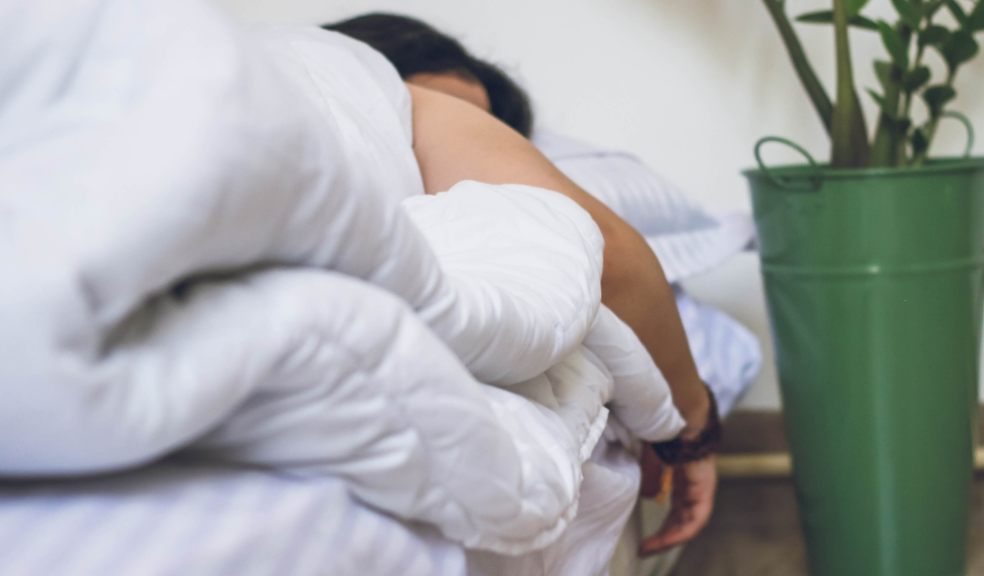
How To Get Seven Solid Hours Per Night
Brits over 50 should get at least seven hours of sleep a night to reduce the risk of developing chronic health problems like cancer, diabetes and arthritis, according to the findings of a new study.
The PLoS Medicine study*, led by University College London (UCL) researchers, found people who got less than five hours of sleep a night from 50 years old had more chance of developing long-term health conditions.
Based on the results, and in line with expert analysis from the UK's most trusted sleep brand, Silentnight, most adults should get between seven and nine hours of sleep a night.
Hannah Shore, Sleep Knowledge and Research Manager at Silentnight said: “Sleep is an essential function that not only allows your body and mind to recharge - but which is also vital to your health and wellbeing, as the study reveals.
“We all know how tired and irritable you can feel the next day following a poor night’s sleep, however, losing too much sleep over time can soon take a toll on physical health, after all, good quality sleep is important for a healthy body.
"While the symptoms of a bad night’s sleep are certainly unpleasant, a lifetime of poor sleep can lead to serious conditions including diabetes and heart disease. Maintaining a healthy sleep routine is essential to your long-term health.
“Everyone’s circumstances are different, but the good news is that there are several tips and tricks that you can employ in your own life in order to reach your 'golden slumber number' and get at least seven hours of sleep a night.”
Hannah's seven top tips to get at least seven hours of sleep a night...
ROUTINE, ROUTINE, ROUTINE
Create a reliable bedtime routine that you can stick to. Try and wake up the same every morning and go to bed at the same time every night, seven days a week. This will ensure that your body stays tuned in to when you want to go to sleep.
STOP SCROLLING
Looking through the news on your phone and scrolling through social media at bedtime suppresses the production of melatonin - a natural hormone that is released in the evening to help you feel sleepy. So put your phone down an hour before bed.
CREATE A COSY SLEEP ENVIRONMENT
Lots of things play into creating a cosy sleep environment, including lighting and sounds. But arguably the most important of all is having a mattress that’s suited to your comfort level, so do some research to find the right one for you.
EXERCISE
Exercising can improve your sleep by reducing the amount of time it takes you to drop off at night (thanks to all those well-worked and tired muscles), while also helping to achieve solid, uninterrupted sleep. Just don’t exercise no closer than two hours before bedtime.
AVOID CAFFEINE
You should try and avoid caffeine for at least five hours before bedtime, as it can keep you up and have a disruptive effect on your sleep. Remember that even some herbal teas have caffeine, so be careful what warm drinks you have before going to bed.
LIMIT NAP TIMES
While a mid-afternoon nap can be blissful, long periods of sleep during the day can affect you when it comes to lights out. Limit naps to no more than 20 minutes and avoid napping in the evening.
DESTRESS
Stress management is always important, especially at bedtime, as dropping off with a head full of worries will affect your sleep. Resolve your worries and concerns by writing down what's on your mind, which will hopefully help put it out of mind as you drift off to sleep.













